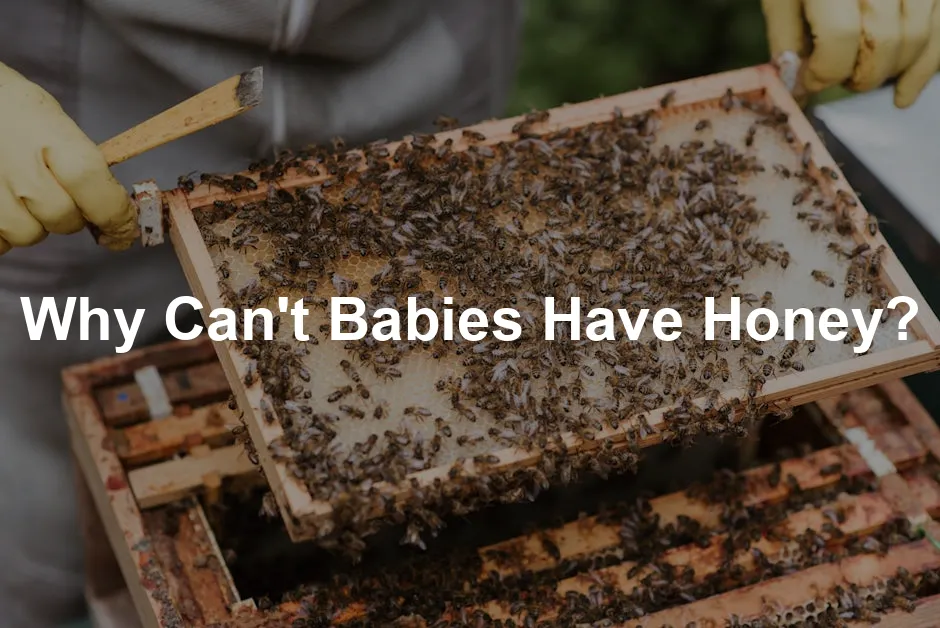
Why Can’t Babies Have Honey?
Introduction
Honey is a natural sweetener loved by many. It’s often used in teas, desserts, and even as a cough remedy. However, it’s crucial to understand why honey is not safe for infants under one year. Infants can be at risk for a serious condition called infant botulism when they consume honey. This condition is caused by bacteria that can thrive in honey, making it unsafe for young children.
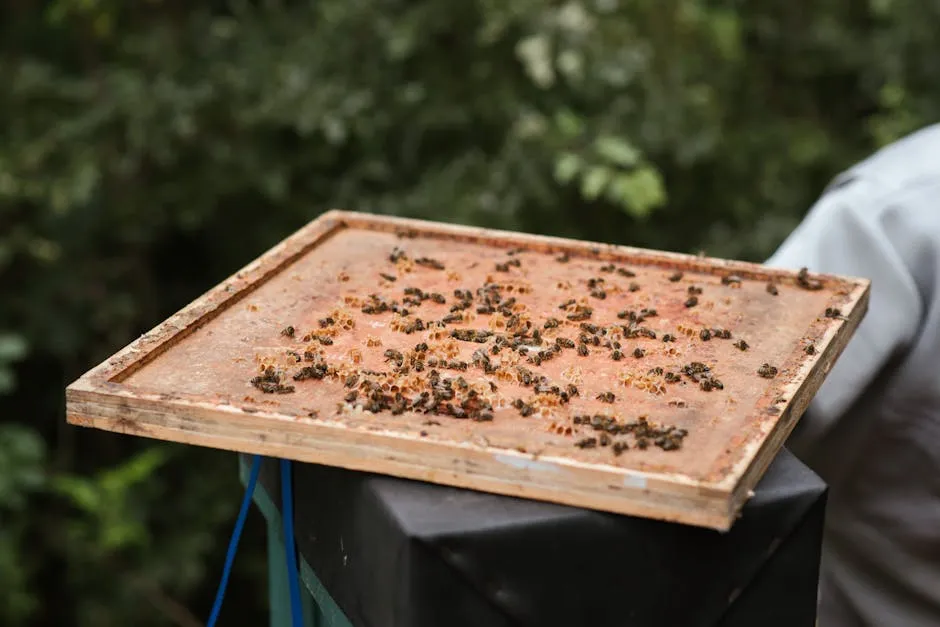
Understanding the risks associated with honey consumption in infants is essential for parents. why can’t babies have honey
The Risks of Honey for Infants
Understanding Infant Botulism
Infant botulism is a potentially life-threatening illness caused by the toxin of Clostridium botulinum bacteria. These spores can be found in honey, posing a serious risk to babies. Unlike older children and adults, infants lack the gut bacteria necessary to combat these spores effectively. When ingested, the spores can grow in the baby’s intestines and produce toxins that affect nerve function.
Symptoms of infant botulism may include constipation, weak cry, and muscle weakness, making the baby appear floppy. In severe cases, infants may experience difficulty breathing. Statistics show that most cases of infant botulism occur in children under six months, highlighting the need for caution. The Centers for Disease Control and Prevention reports that the majority of botulism cases in the U.S. are diagnosed in infants, underscoring the importance of preventing exposure to honey before their first birthday.
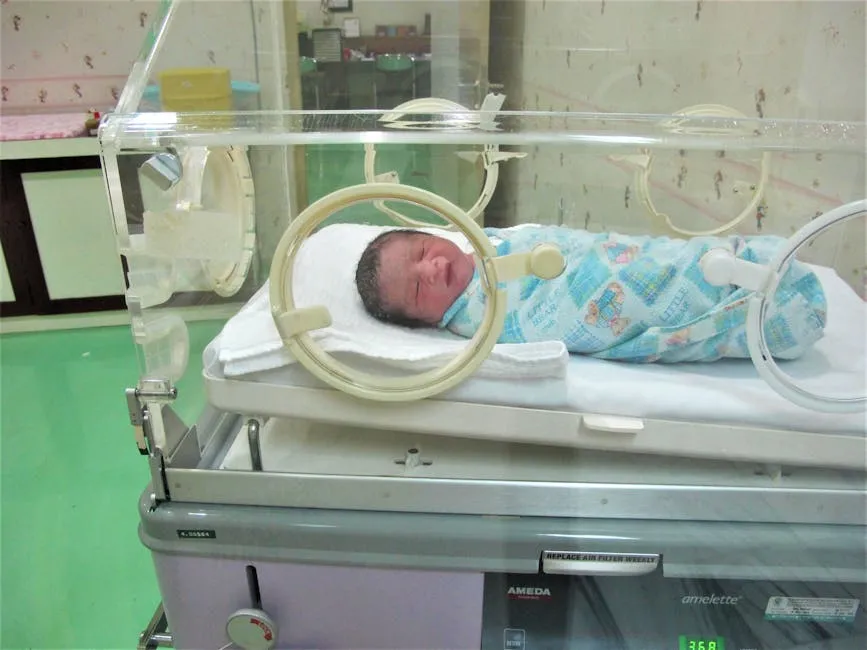
As a parent, keeping your child safe is your top priority. To ensure your little one is well-prepared for any situation, consider investing in an Infant First Aid Kit. It’s a great way to have peace of mind knowing you’re prepared for any minor emergencies!
Symptoms of Infant Botulism
Infant botulism is a rare but serious condition. It’s caused by the bacteria Clostridium botulinum, often found in honey. Recognizing the symptoms early can be lifesaving.
One of the first signs is constipation, which might seem harmless. However, it can be a significant indicator of botulism in infants. Another symptom is a weak cry. If you notice your baby’s cry lacks strength, it’s time to consult a doctor.
Muscle weakness is also concerning. Affected infants may appear floppy or struggle to control their movements. They might even have difficulty breathing, which is a medical emergency. These symptoms can escalate quickly. Therefore, if you observe any of these signs, seek medical help immediately. Early diagnosis and treatment are crucial for recovery.
Botulism can lead to severe complications, so being aware of these symptoms is essential for every parent.
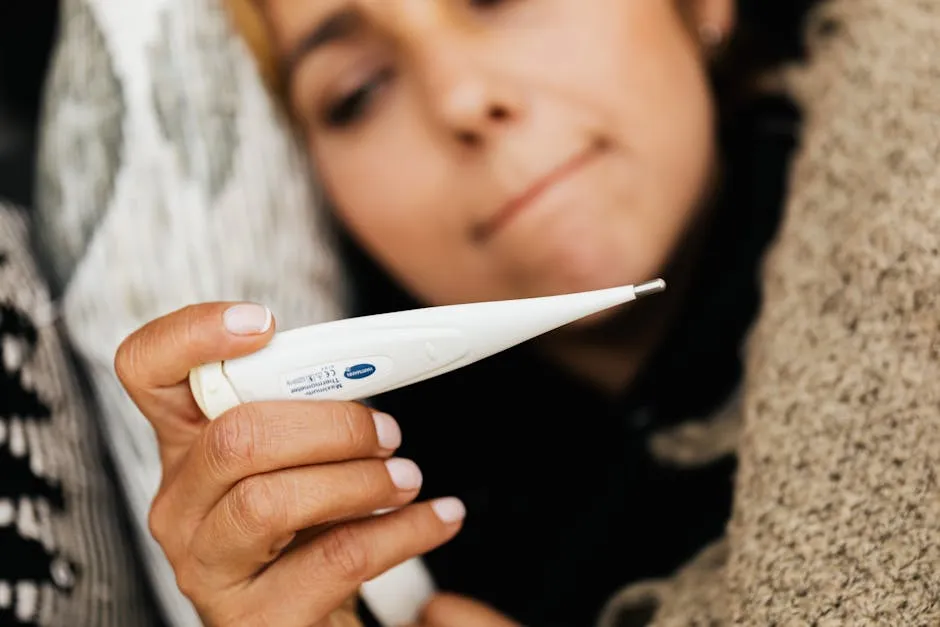
Why Is Honey Unsafe for Babies Under One Year?
The Immature Digestive System
Infants have delicate digestive systems that aren’t fully developed. Their intestines lack the beneficial bacteria found in older children and adults. This bacteria helps fight off harmful organisms, including Clostridium botulinum.
When babies ingest honey, the spores can grow in their intestines. This can produce toxins that lead to infant botulism. It’s critical to wait until your baby’s first birthday to introduce honey. By this age, their digestive system matures, allowing it to handle potential contaminants.
Waiting ensures your baby is less vulnerable to infections. The American Academy of Pediatrics strongly recommends avoiding honey in any form until after the first year. This simple precaution can help protect your little one from serious health issues.
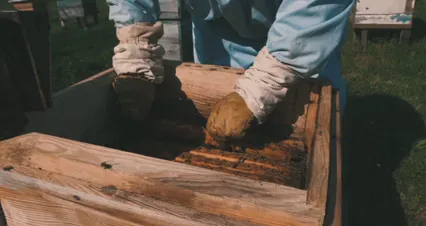
Myths and Misconceptions About Honey
Many believe honey is a natural and healthy food. However, that isn’t always true for infants. One common misconception is that honey is safe if cooked. Unfortunately, cooking does not eliminate the spores that cause botulism.
Some parents think that honey’s natural properties make it harmless. However, its potential dangers far outweigh any benefits for babies. Furthermore, just because honey is natural doesn’t mean it’s suitable for infants.
Another myth is that pasteurized honey is safe. Despite pasteurization, spores may still survive. Therefore, it’s best to avoid honey completely until your child is over one year old. Understanding these myths is essential for every parent to make informed decisions.
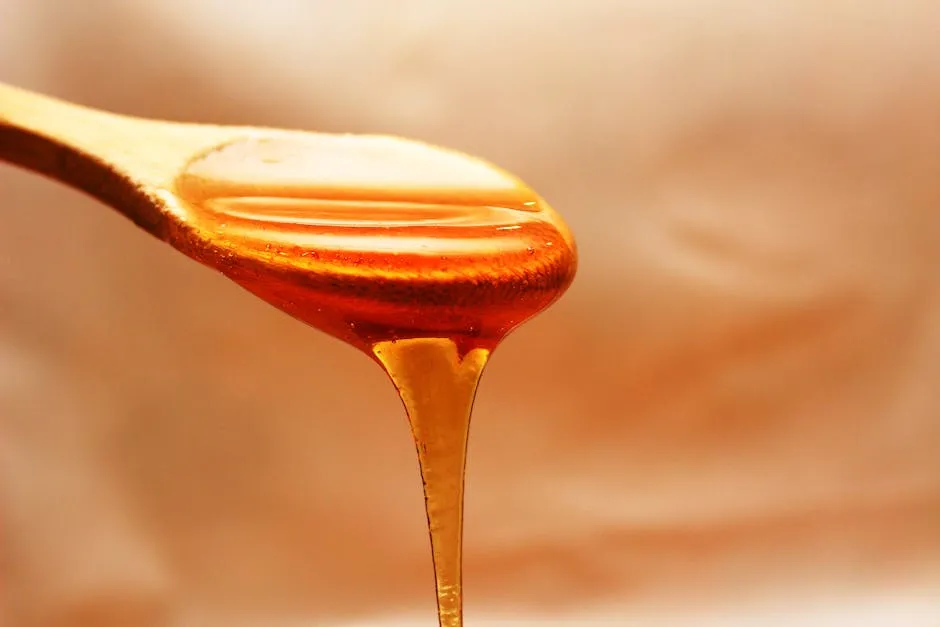
When Can Babies Safely Have Honey?
Guidelines from Health Organizations
Health organizations emphasize caution regarding honey for infants. The American Academy of Pediatrics (AAP) and the World Health Organization (WHO) both recommend avoiding honey for babies under one year old. This age limit exists due to the risk of infant botulism, a severe condition caused by Clostridium botulinum spores often present in honey. These spores can thrive in an infant’s undeveloped digestive system, leading to dangerous toxin production.
When introducing honey after your child turns one, ensure you choose high-quality, pasteurized honey. Look for natural varieties without added sugars. It’s also wise to start with small amounts to monitor for any adverse reactions. Always consult your pediatrician before introducing new foods, especially ones with potential allergens.
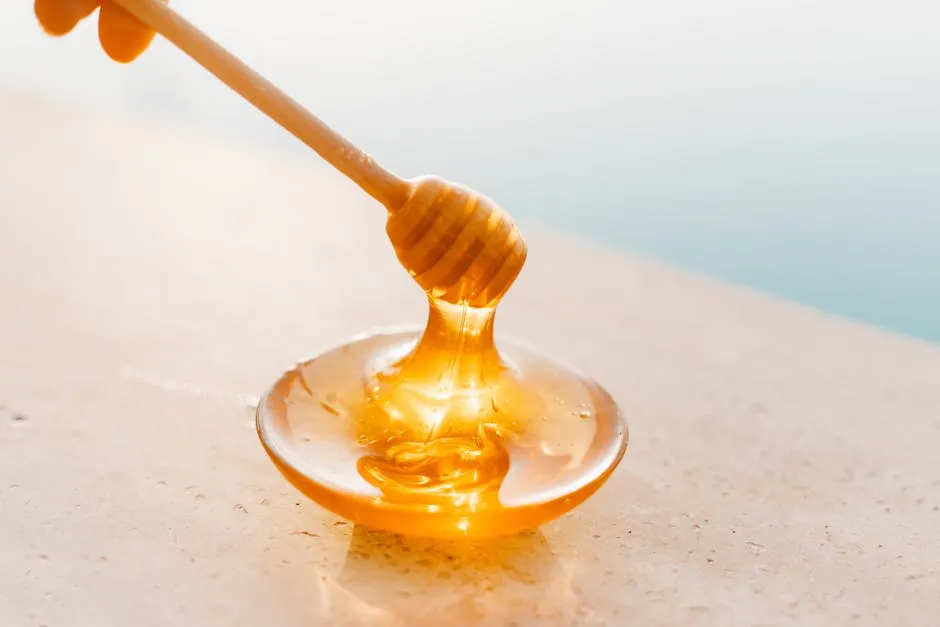
Tips for Introducing Honey
Once your child reaches their first birthday, you can safely introduce honey into their diet. Start slowly, mixing honey into familiar foods. Try adding a small drizzle to yogurt or oatmeal. It can also enhance the flavor of pancakes or waffles.
For serving sizes, begin with about half a teaspoon and gauge your child’s response. Gradually increase the amount if there are no issues. Avoid giving honey in large quantities, as its sticky texture can pose a choking risk. Remember, moderation is key! Reducing added sugars in your child’s diet is essential, even with natural sweeteners like honey.

Health Benefits of Honey
Nutritional Aspects
Honey offers several nutritional benefits for older children. It’s rich in natural sugars, antioxidants, and small amounts of vitamins and minerals. Some nutrients in honey include calcium, magnesium, and potassium. These can help support a growing child’s health.
Additionally, honey is known for its medicinal properties. It serves as a natural cough suppressant, effective in soothing throat irritation. The AAP suggests using honey for children over one year to alleviate nighttime coughs. Always consult with your pediatrician before using honey as a remedy, ensuring it fits within your child’s overall health plan.
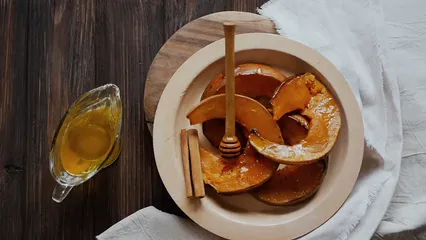
And speaking of coughs, why not keep a natural remedy handy? Try Natural Honey-Based Cough Syrup. It’s a sweet way to soothe those pesky coughs!
In moderation, honey can be a delightful addition to a child’s diet, enhancing flavors while providing some health benefits.
Moderation and Balance
Honey can be a delightful addition to a child’s diet, but moderation is key. Introducing any sweetener too early can lead to unhealthy habits. Babies under one year should avoid honey due to the risk of infant botulism. This condition is caused by Clostridium botulinum spores, which can be present in honey. When ingested, these spores can grow in an infant’s undeveloped digestive system, leading to serious health issues.
Excessive sugar consumption can pose health risks for children. It may lead to tooth decay, weight gain, and increased risk of chronic diseases later in life. The American Academy of Pediatrics advises limiting added sugars in children’s diets. Too much sugar can also upset their balance of nutrients, making it harder for them to get the vitamins and minerals they need.
As your child grows, consider using Baby Food Maker to create healthy meals. It’s a fun way to introduce new flavors without the added sugars!
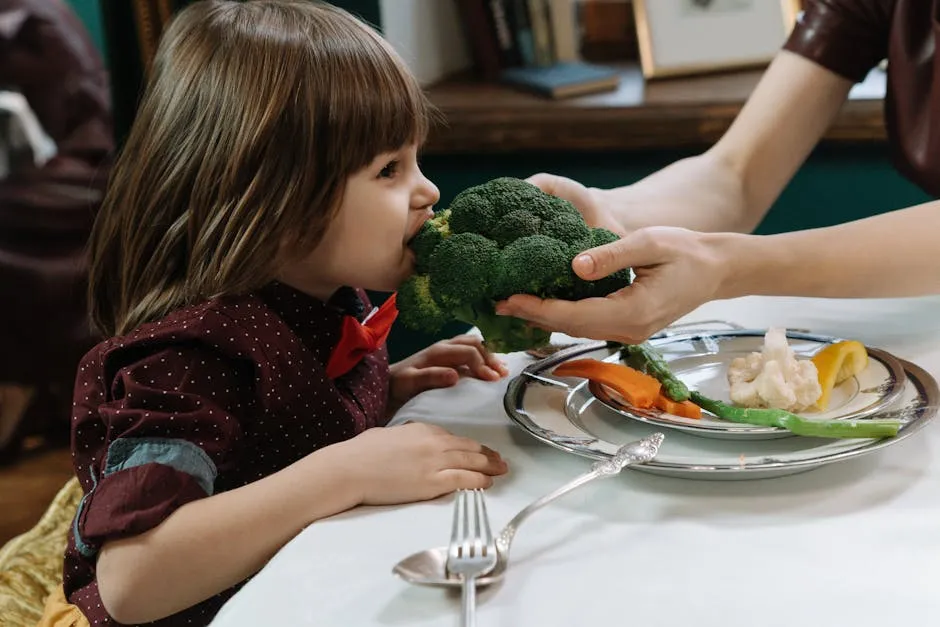
Conclusion
In summary, honey should not be given to infants under one year due to the risk of infant botulism. This serious condition can lead to muscle weakness and breathing difficulties. Parents must prioritize safety and adhere to health guidelines. Consulting with a pediatrician is vital for any dietary concerns, ensuring that your child’s nutrition supports their development. Keeping informed can help prevent unnecessary health risks as your baby grows.
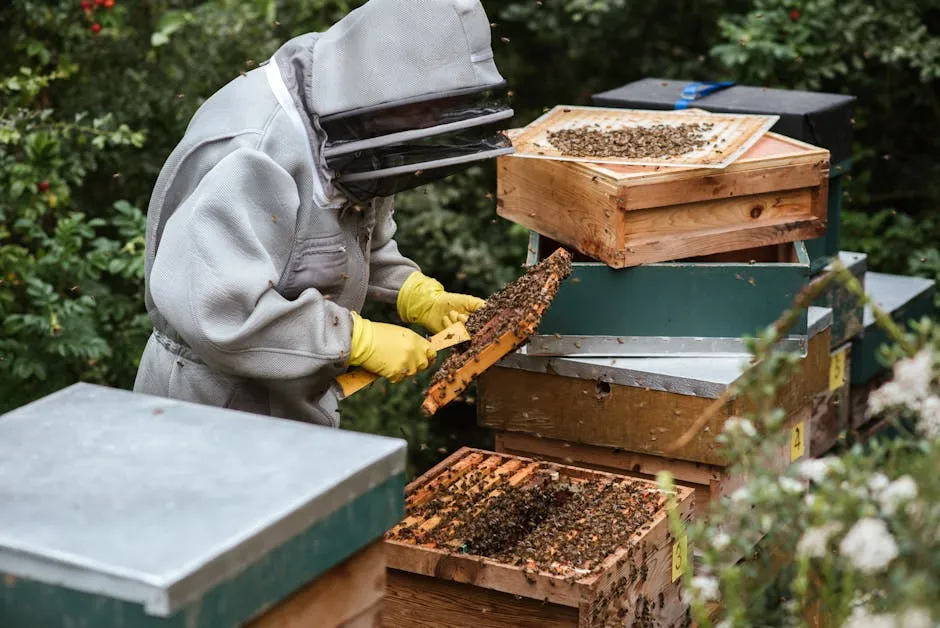
Frequently Asked Questions
Can babies eat honey every day after one year?
Yes, but moderation is essential. Honey is a form of sugar and should be limited to avoid excessive intake.
What are the symptoms of botulism if a baby accidentally consumes honey?
Symptoms include constipation, weak cry, muscle weakness, and difficulty breathing. Seek medical help immediately if you notice these signs.
Is cooked honey safe for babies?
No, even cooked honey can contain harmful spores. It’s best to avoid honey in all forms for infants.
What alternatives to honey can I use for my baby?
Consider using mashed fruits or pureed sweet potatoes as safer sweetening options for infants.
How should I introduce honey to my toddler?
Start with small amounts after their first birthday, mixing it into familiar foods like yogurt or oatmeal.
Are there any long-term effects of infant botulism?
Most infants recover fully with prompt treatment. However, early intervention is crucial to minimize risks.
Is honey a common allergen?
Honey is not typically an allergen, but monitor your child for any unusual reactions when introducing it.
Is Honey a Common Allergen?
Honey is not considered a common allergen. Most children can enjoy honey safely after their first birthday. However, it’s essential to monitor your child when introducing new foods. Allergic reactions can occur with any food, even those that are generally safe.
When you first give honey to your toddler, start with a small amount. This way, you can watch for any unusual reactions. Signs of an allergy may include hives, swelling, or gastrointestinal issues. If you notice any concerning symptoms, discontinue honey and consult your pediatrician.
Overall, while honey is a delightful treat for many, caution is key when it comes to young children. Always prioritize safety as you introduce new foods into your child’s diet.
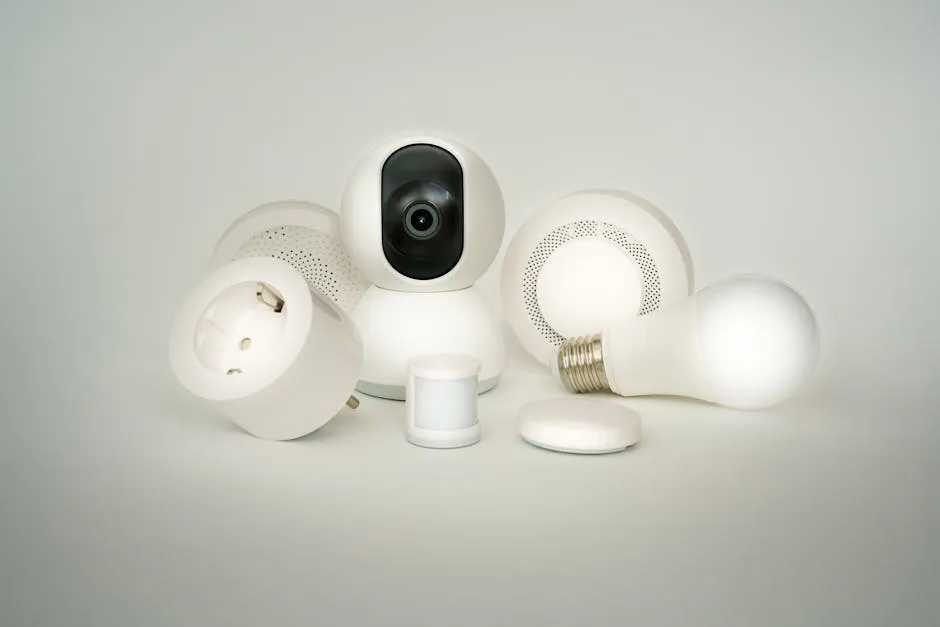
As you prepare for your little one’s needs, consider equipping your home with Safety Cabinet Locks. They’re a smart way to keep curious little hands safe from potential hazards!

Please let us know what you think about our content by leaving a comment down below!
Thank you for reading till here 🙂
All images from Pexels




